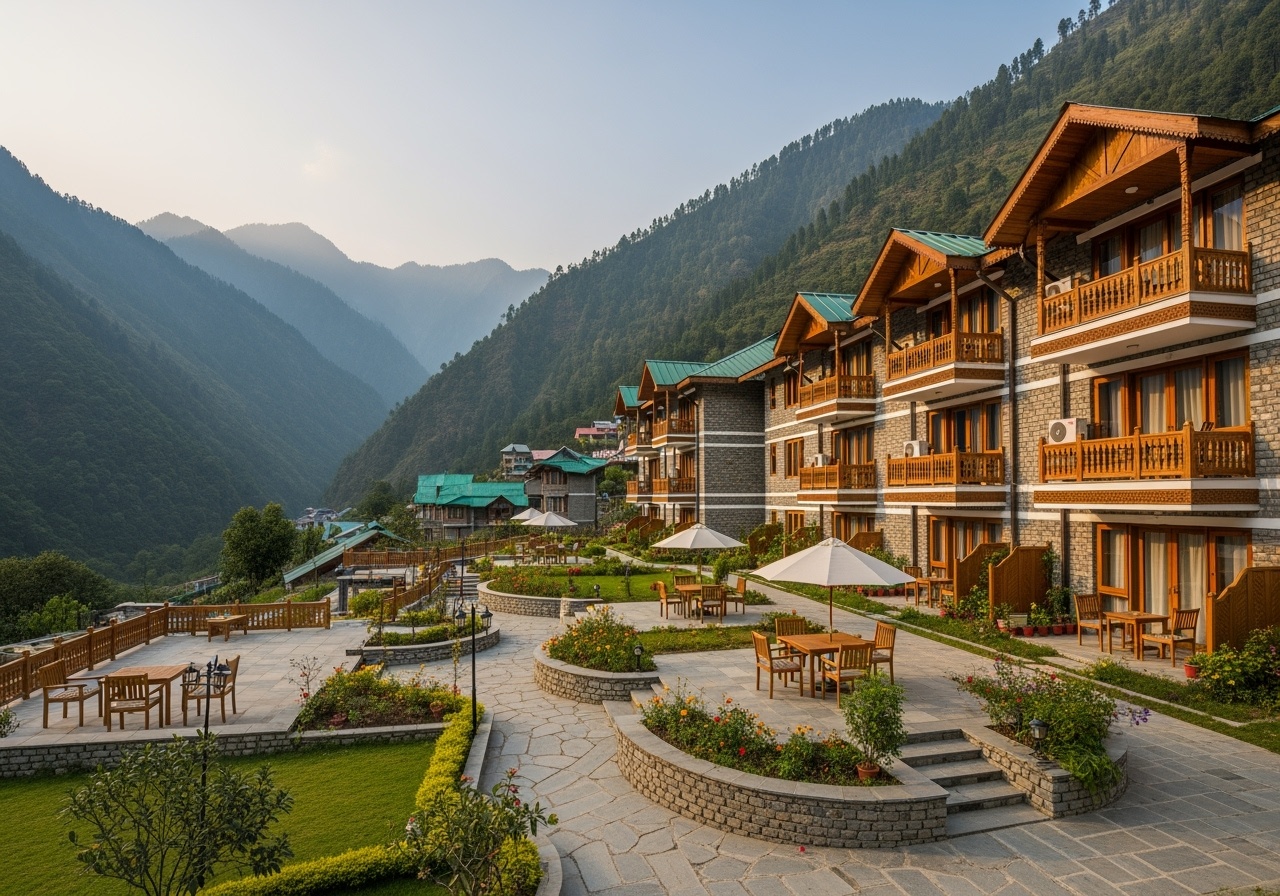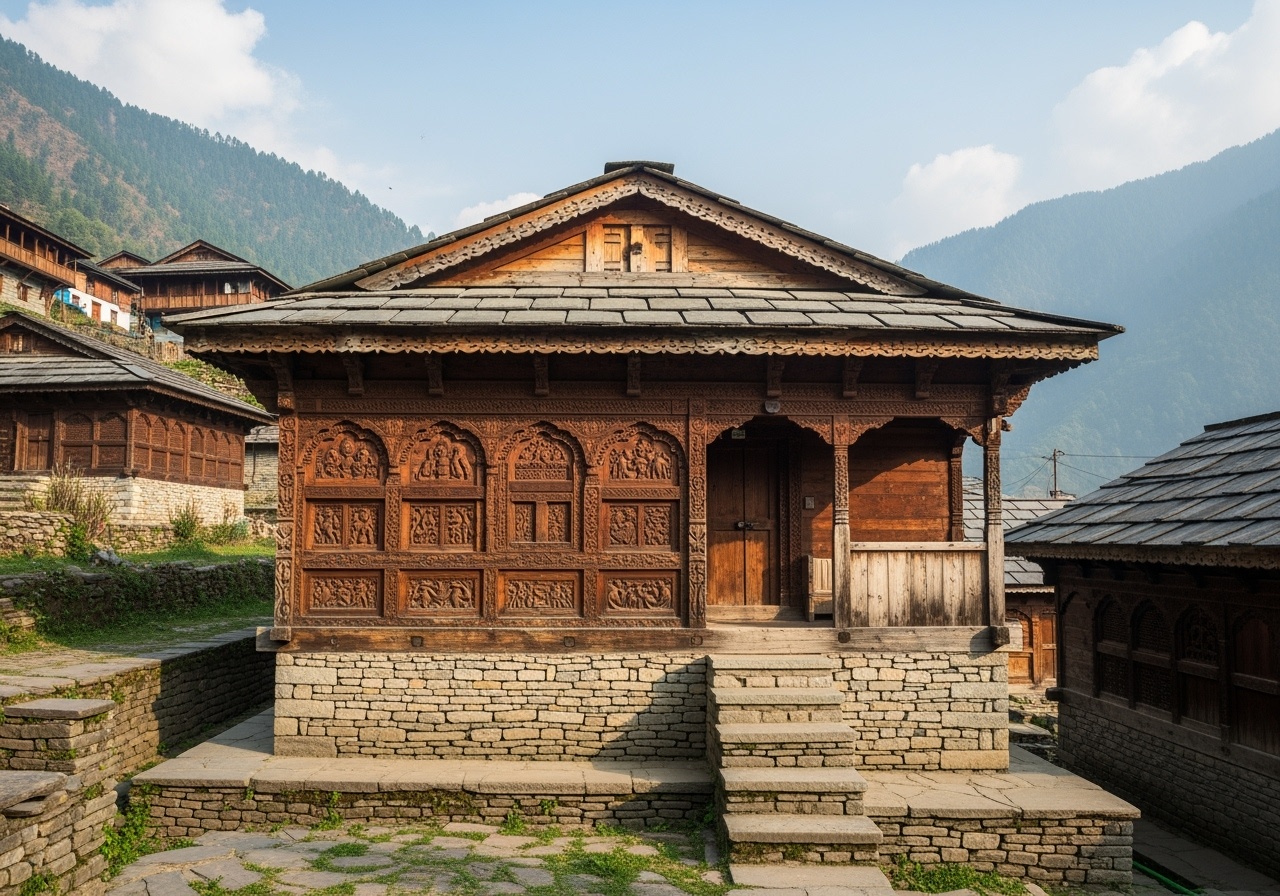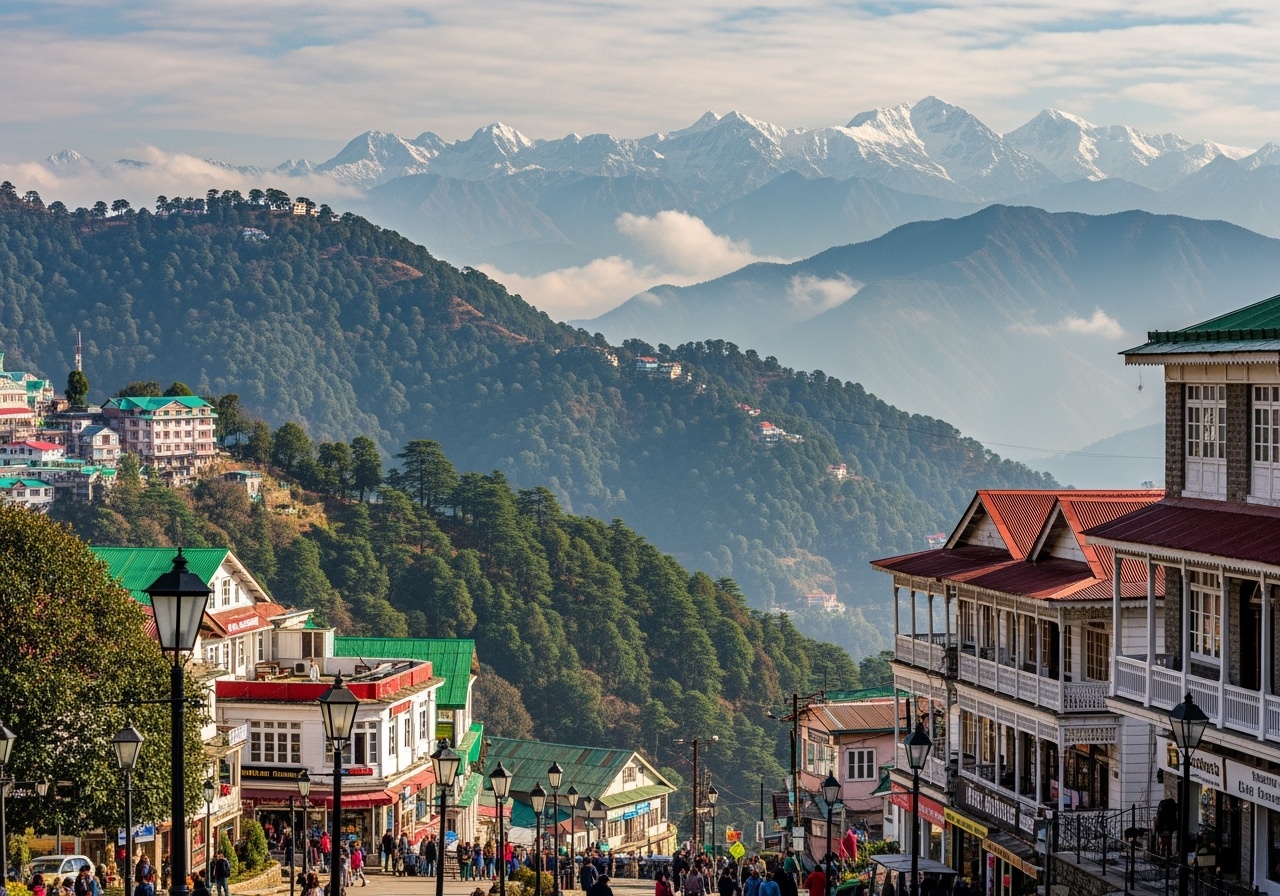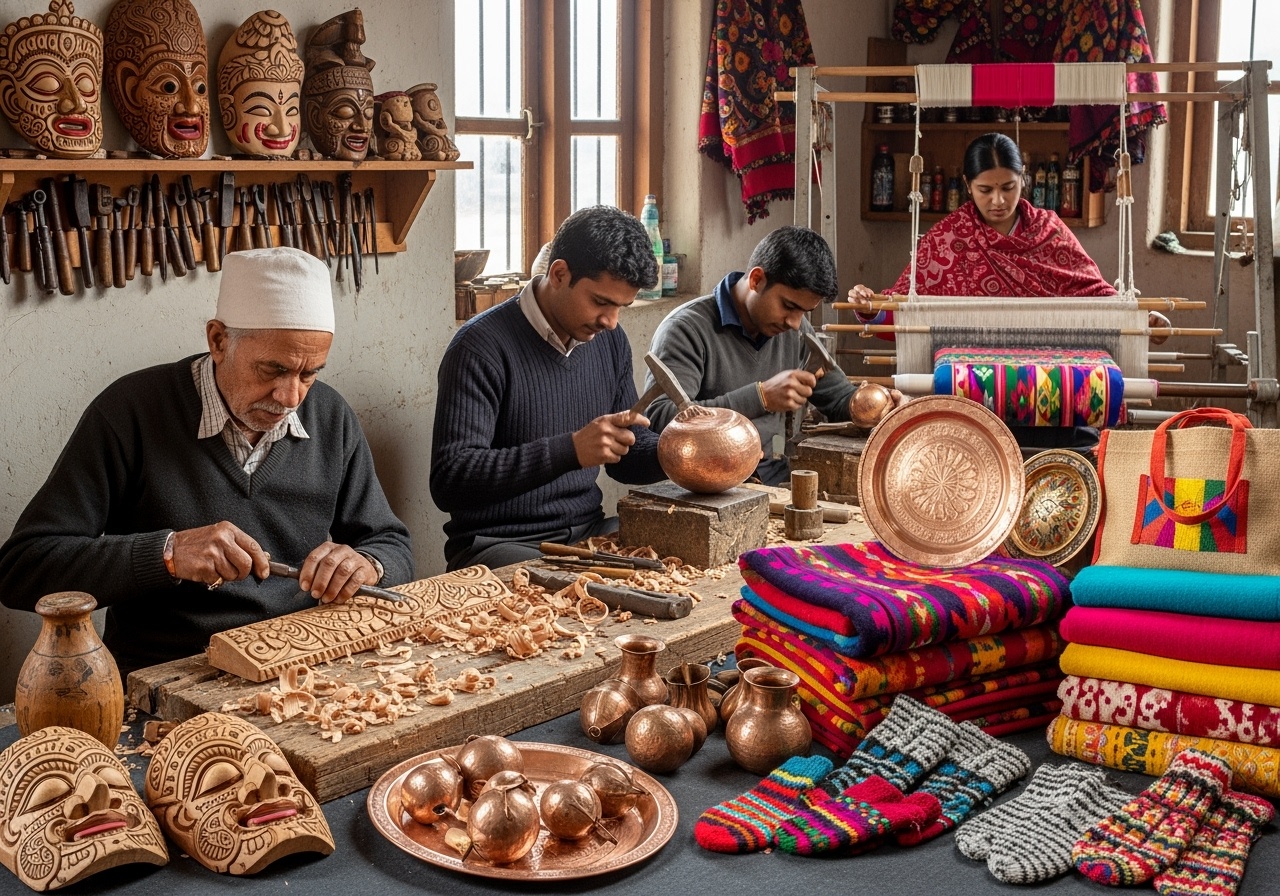Successful accommodation booking in Uttarakhand requires understanding seasonal demand patterns, price variations, availability constraints, and booking procedures that vary significantly between different types of properties and destinations. Peak season demand often exceeds supply in popular destinations, making advance booking essential for ensuring availability and securing reasonable prices, while off-season travel may offer more flexibility and better rates but with potential weather-related limitations and reduced services.
Seasonal Booking Patterns
Peak Season (Apr-Jun, Sep-Nov): Book 2-3 months in advance, expect premium prices
Monsoon (Jul-Aug): Limited availability, some properties closed, discounted rates
Winter (Dec-Mar): Good availability except winter sports areas, moderate prices
Festival Periods: Very high demand, book well in advance, premium pricing
Char Dham Season: Pilgrimage destinations fully booked, advance reservations essential
Booking Platforms and Methods
Online Platforms: Major booking websites offer wide selection and competitive prices
Direct Booking: Hotel websites often offer better rates and flexible policies
Travel Agents: Local agents provide package deals and insider knowledge
Phone Booking: Direct contact with properties, especially for special requirements
Walk-in Booking: Possible during off-season but risky during peak periods
Pricing and Value Considerations
Price Ranges: Budget ₹500-2,000, Mid-range ₹2,000-6,000, Luxury ₹6,000+
Package Deals: Often include meals, activities, transportation at better value
Group Discounts: Available for larger groups and longer stays
Cancellation Policies: Vary significantly, understand terms before booking
Hidden Costs: Check for additional fees, taxes, service charges
Location Selection Strategies
Choosing accommodation location requires balancing proximity to desired attractions and activities with factors such as accessibility, price, availability, and environmental quality. Central locations in popular destinations offer convenience but often come with higher prices, more crowds, and potentially more noise, while peripheral locations may offer better value, peaceful environments, and scenic settings at the cost of additional transportation time and expenses.
Transportation accessibility is particularly important in mountain areas where weather conditions can affect road conditions and transportation schedules. Locations with good road access and multiple transportation options provide more flexibility and reliability, while remote locations may offer spectacular settings and unique experiences but require careful planning for weather contingencies and transportation alternatives.
Environmental factors such as altitude, weather exposure, noise levels, and scenic views significantly impact accommodation experience and should be considered based on personal preferences, health considerations, and planned activities. High-altitude locations offer spectacular views but may present altitude adjustment challenges, while sheltered valley locations provide more stable weather but may have limited views.
Special Requirements and Accessibility
Travelers with special needs should research accommodation accessibility features and communicate requirements clearly during booking processes. Mountain terrain and older buildings may present accessibility challenges, but many properties have made improvements to accommodate travelers with mobility limitations, dietary restrictions, medical needs, and other special requirements that need advance planning and coordination.
Medical considerations are particularly important for high-altitude destinations where reduced oxygen levels may affect some travelers, and for remote locations where medical services may be limited. Travelers with medical conditions should verify proximity to medical facilities and discuss requirements with accommodation providers to ensure appropriate support and emergency access if needed.
Dietary restrictions and food allergies require clear communication with accommodation providers, particularly in remote areas where menu flexibility may be limited. Many properties can accommodate vegetarian, vegan, and religious dietary requirements with advance notice, while specialized dietary needs may require more detailed coordination and possibly bringing some food items from urban areas.
Quality Assessment and Reviews
Evaluating accommodation quality requires considering multiple factors beyond basic amenities, including service quality, cleanliness standards, location advantages, activity access, cultural authenticity, and value for money. Online reviews provide valuable insights but should be evaluated critically, considering reviewer backgrounds, expectations, and potential biases that may not align with your priorities and preferences.
Recent reviews are particularly important for mountain destinations where seasonal changes, management changes, and infrastructure developments can significantly impact property conditions and service quality. Weather-related damage, staff changes, and facility updates may not be reflected in older reviews, making current information essential for accurate expectations.
Professional ratings and certifications provide standardized quality assessments, while guest reviews offer personal perspectives on experiences that may highlight aspects of properties that are particularly important for specific types of travelers. Combining multiple information sources provides more comprehensive understanding of what to expect from different accommodation options.
Accommodation Booking Checklist
Before Booking: Research location, read recent reviews, compare prices, check cancellation policies, verify included amenities. During Booking: Confirm dates, specify special requirements, get written confirmation, understand payment terms, note contact information. Before Travel: Reconfirm reservations, check weather conditions, plan transportation, pack appropriately, prepare backup options. Communication: Contact properties directly for special needs, group bookings, or unique requirements that may not be handled well through booking platforms.



